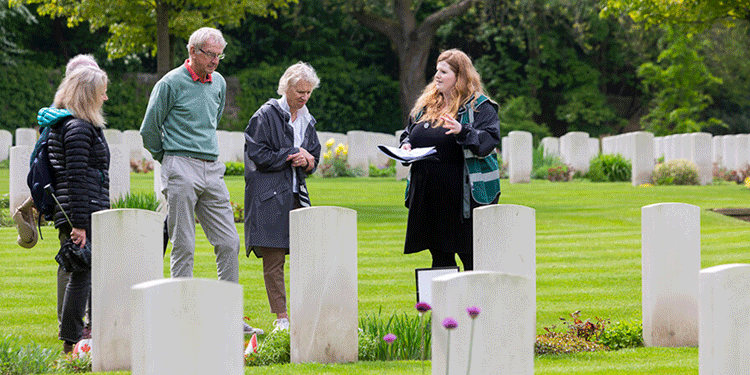
Harry Sherwood Ranken was born on 3 September 1883 in Glasgow, Scotland, the son of Reverend Harry Ranken and his wife Helen. He had a younger brother called Alan.
Harry was educated at Montgomery School, Irvine, Irvine Royal Academy and finally Glasgow University where he studied medicine, graduating with his MB ChB in 1905.
During his medical training, Harry showed a high level of talent. He won eight prizes dyring his studies, including three for surgery.
After medical school, Harry worked as house physician and surgeon at Glasgow Western Infirmary. He was later an assistant medical officer at Brook Fever Hospital, London.
Harry was commissioned as a Lieutenant in Royal Army Medical Corps on 30 January 1909. At this time, Harry began penning articles for the Royal Army Medical Corps Journal.
It seems Harry was a highly gifted physician. He continued to be rewarded for his work, winning the Tulloch Medal for Military Medicine, the de Chaumont Prize for Hygiene, and the Tropical Medical Prize for his work on sleeping sickness.
Lieutenant Ranken was seconded to the Egyptian Army in August 1911. He worked with the Sudan Government Sleeping Sickness Commission as Commanded of the Sleeping Sickness Camp in Yei, in the Lado Enclave in what is now South Sudan.
Harry was promoted to Captain in 1912.

Captain Ranken was on leave when the First World War erupted in August 1914.
Volunteering for active service, Harry was officially transferred out of his Egyptian secondment to the British Army, attached to the King’s Royal Rifle Corps.
Harry arrived in France on 13 August 1914 and was very soon thrown into the thick of the action at the Battle of Mons: The British Expeditionary Force’s first major battle of the First World War.
For his actions at Mons at coolness under fire, Harry was awarded the French Legion d’Honneur.
Further decorations come for the gallant medical officer.
The BEF and French armies began a great retreat following Mons, only halting the German advance some 20 miles outside Paris in an action known as the Miracle on the Marne.
Come 19 September 1914, the KRRC was in action at Hautes-Avesnes. The incredible destructive power of heavy artillery was becoming very clear to medical orderlies and officers supporting the fighting men.
Between 19-20 September, Harry worked tirelessly to aid his wounded comrades while under terrific shell and small arms fire.
It was here that Harry was wounded, ironically, by a British shell, to the point where one of his legs was almost completely severed.
Refusing to prioritise his own injuries, Harry ordered combat officers to bind his leg and continued his work.
After a full day tending to the wounded, Captain Ranking allowed his evacuation from the front line. Stretcher-bearers carried the stricken Harry to a dressing station before he was moved to a casualty clearing hospital.
Harry had his leg amputated at this stage and was seen by an eyewitness talking comfortably. Despite this, Harry’s willingness to put others before himself may have reduced his own chances of survival.
Captain Harry Ranken died of a blood clot on 25 September 1914, aged 31. He is buried at Braine Communal Cemetery.
For his actions at Haute-Avesnes, Captain Ranken was posthumously awarded the Victoria Cross: The British Military’s highest medal for gallantry in the field.
The medal citation, as published in the 13 November 1914 edition of the London Gazette, reads:
“For tending wounded in the trenches under rifle and shrapnel fire at Hautvesnes on 19th September, and on 20th September continuing to attend to wounded after his thigh and leg had been shattered. (He has since died of his wounds.)”
Harry Ranken’s loss was considered a great blow to medicine. He had been due to return to the Lado Enclave in 1915 to continue his research on tropical diseases. Harry’s death curtailed such activity.

